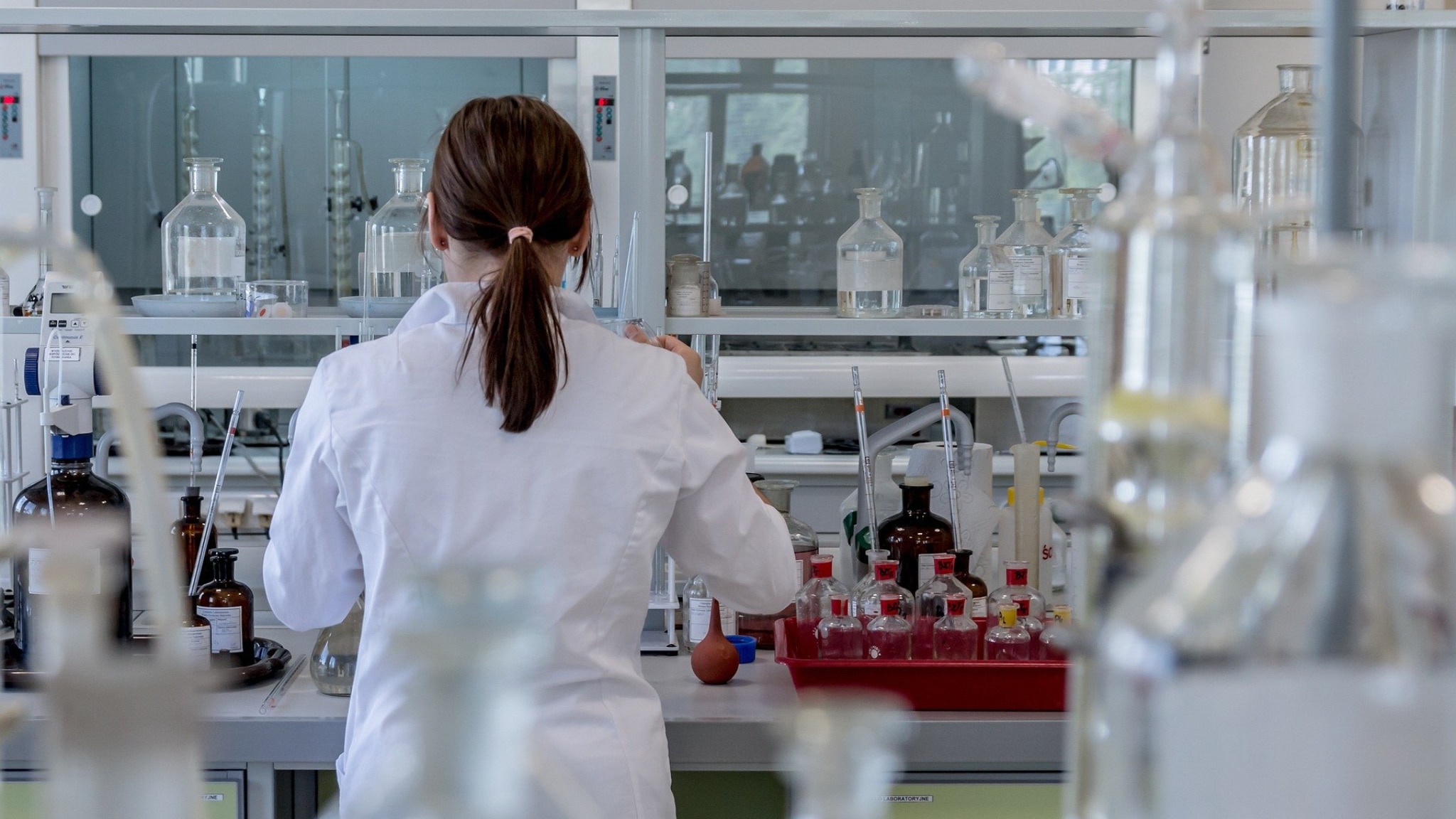Breast cancer
has discovered a
drug resistance mechanism
that could be undermined in the future with the combination of multiple therapies
.
This is the promise that comes from the results of a study published in the journal
Nature Immunology
, conducted between
the Catholic University of Rome
, and the
Italian Institute for Genomic Medicine
at Candiolo (Turin).
Research suggests the
potential of a therapy to prevent the development of this resistance to treatment
: the discovery could therefore provide
a solution for about 15% of patients
who
are currently unresponsive to treatment
, explains Antonella Sistigu who, together with Martina Musella, has conducted the study at the section of General Pathology and Clinical Pathology directed by Ruggero De Maria.
The project, carried out together with Ilio Vitale of the FPO-IRCCS Candiolo, was funded by the AIRC Foundation and the Ministry of Health.
"We have shown - explain the researchers - that cancer cells initially sensitive to drugs release factors called" alarmins "into the tumor microenvironment. Some of these, such as type I interferons, can induce the transformation of cancer cells that are still alive (escaped from chemo ) in cancer stem cells, the tumor reserve that continues to proliferate and generates other diseased cells, responsible for relapses and metastases.
The researchers found that this drug resistance mechanism arises due to a protein called 'KDM1B'.
Finally, in laboratory experiments, explains Vitale, it has been seen that blocking KDM1B prevents the formation of tumor stem cells and increases the effectiveness of the therapy.
"On the basis of these results - underline the researchers - we propose a
combined therapy
(
chemo-immunotherapy
with the addition of the experimental anti-KDM1B drug) to prevent the formation of cancer stem cells, which are resistant to any treatment".
The clinical perspective is to test this combination therapy on patients in the future, they conclude.

